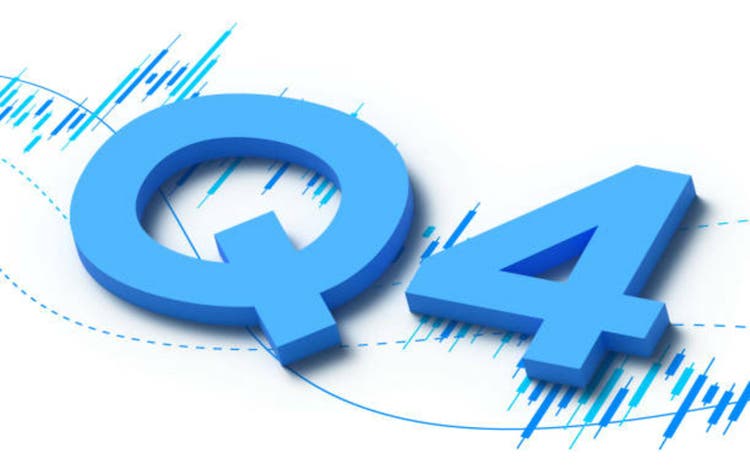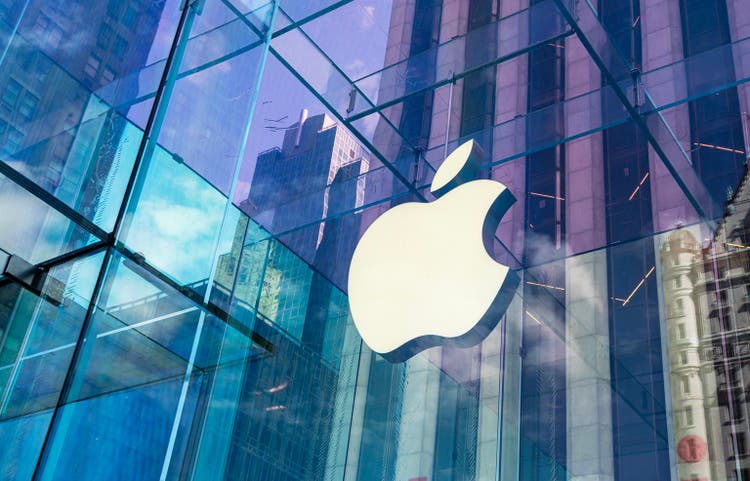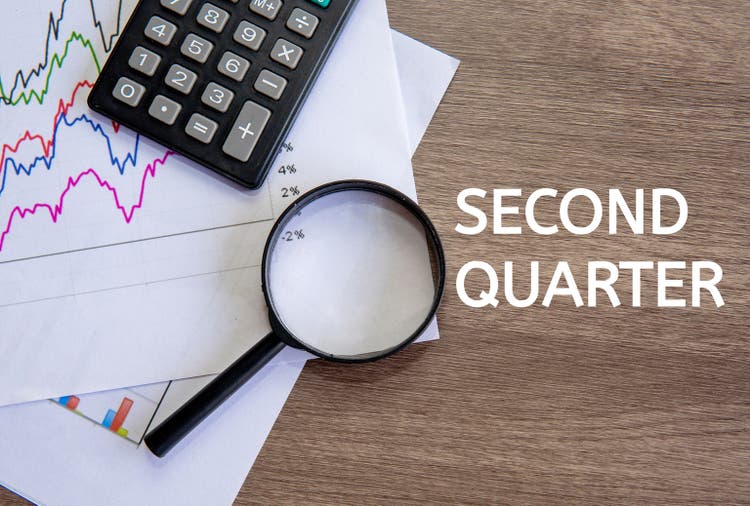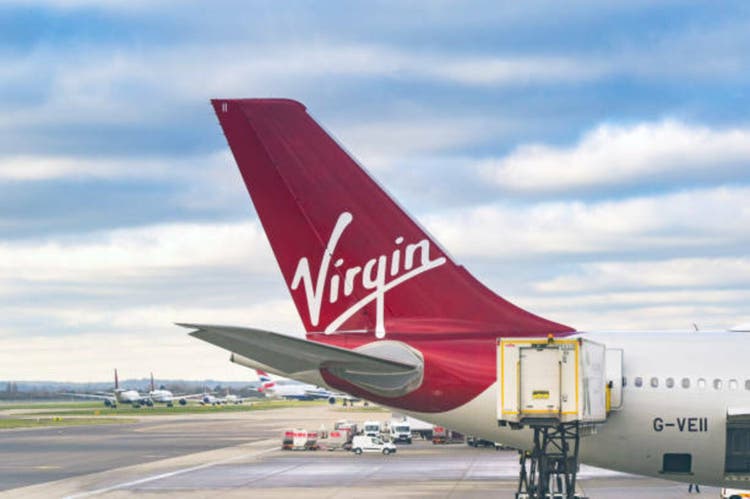Here’s another acronym to add to your vocabulary: VUCA. It stands for volatility, uncertainty, complexity, and ambiguity, and it is just as dramatic as it sounds.
A pair of economists coined the term VUCA in the late ‘80s and the US Army War College picked up on it in the early ‘90s to describe how the US was faring in the post-Cold War environment. New research suggests the country is in a similar era of volatility, and it’s impacting the workforce. Some 42% of employees say their stress is induced by fear and uncertainty in the world, and 68% report a dip in productivity, according to a report from people analytics software company meQ.
“It’s been like stacking more stuff on the worry list…It’s just the idea that we aren’t sure what’s going to happen. Are we going to have a war? Are we not? Are we going to have tariffs or are we going to not have tariffs?” said Brad Smith, chief science officer at meQ. “All of these things really feed a pretty strong degree of uncertainty, and that feeds stress.”
A VUCA world. People teams need to be aware of how this moment of uncertainty and volatility is impacting how employees show up to work, Smith said.
“It’s not just people being cranky in the office, and the guy that you avoid because he’s never got anything positive to say,” Smith said. “Uncertainty and stress has a link to productivity impairment, [and] we saw a 70% higher productivity impairment among those that are stressed out by uncertainty.”
There’s also a compounding effect in the workplace since the pandemic, Smith added, where every aspect of well-being has taken a hit. Whether it’s declining mental health, engagement, productivity, work-life balance, growth and career opportunities, he said that many employees feel like their employers haven’t “held up their end of the bargain.”
“They promised me opportunities to get ahead. They promised me opportunities to develop and learn more about my job,” Smith said. “When those things don’t come true, a supervisor doesn’t deliver on a promise, or a company doesn’t deliver on a promise, those really are also strongly feeding disconnectedness.”
What can HR do? One of the ways HR pros can help employees through this time, Smith said, is by training managers to be intentional and empathetic leaders. When employees feel like their managers support their well-being, it cuts their stress related to uncertainty by 40%, the meQ report found.
“One of the most protective things you can have is someone who says, ‘My manager cares about me and looks after our team’s mental well-being,’” he explained. “It’s very powerful in terms of cutting the rates of anxiety, depression… uncertainty, stress.”
Smith also encourages employees to learn how to control their responses to work challenges so they can better anticipate and react to familiar emotions. For instance, he noted that his response to a certain workplace situation could be guilt while others may react with anger.
“That skill of emotion control is incredibly powerful in changing the way that we feel and reducing the amount of disconnect that we’re likely to express,” he said. “We never want to be in a position of telling people to ‘just be more resilient.’”
This report was originally published by HR Brew.
This story was originally featured on Fortune.com

 4 hours ago
1
4 hours ago
1















 English (US) ·
English (US) ·